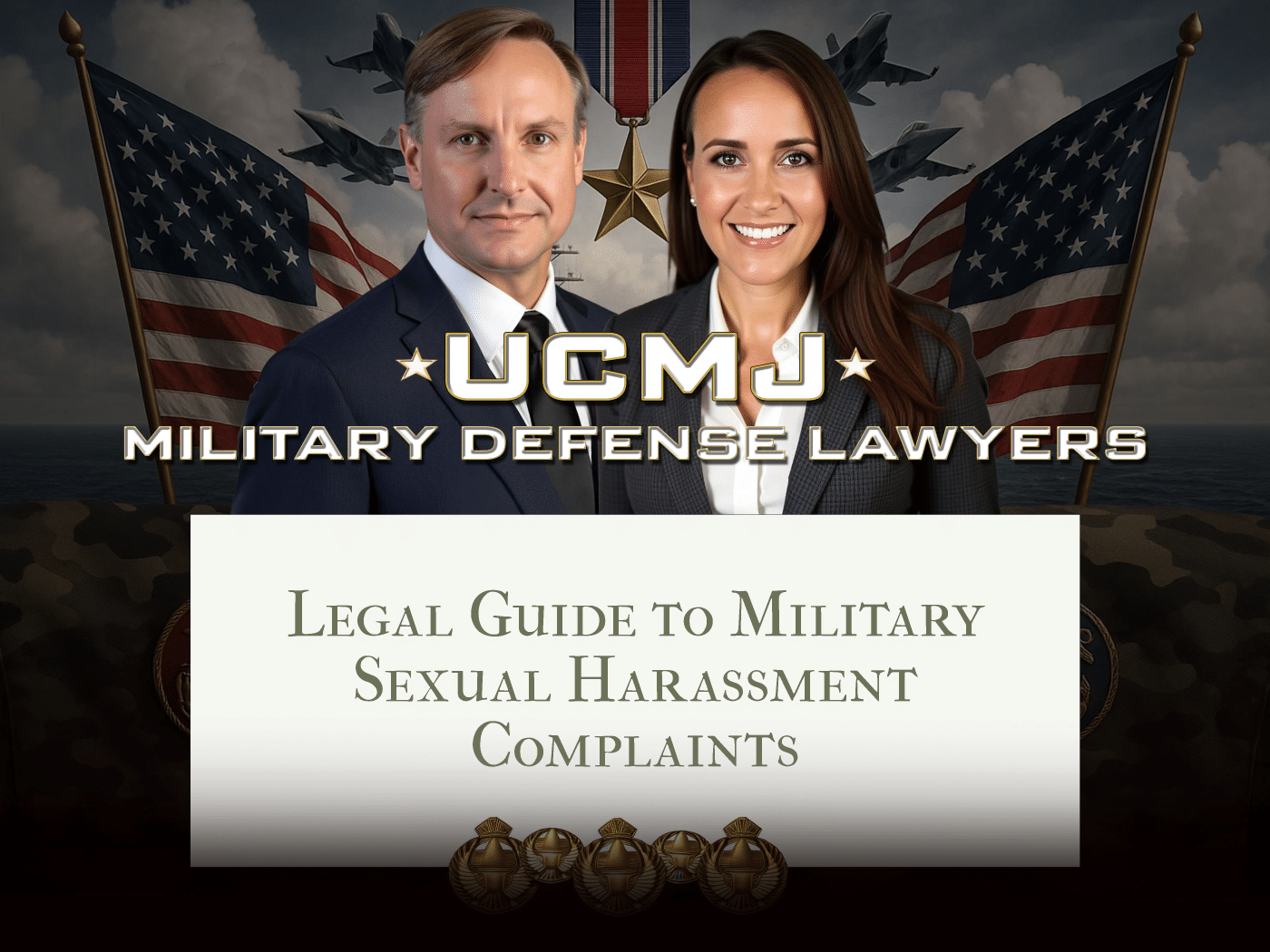Military harassment complaints are a serious and sensitive legal matter that affects service members across branches and nations. When someone in uniform experiences sexual harassment, the consequences go beyond personal pain. It can shake unit cohesion, diminish trust in leadership, and impact long-term mental and emotional well-being. Unfortunately, many victims feel pressure to stay silent due to fear of retaliation or disbelief. Understanding the process of filing military harassment complaints and knowing your rights are crucial first steps toward justice. Whether you are an active-duty service member, a veteran, or a family advocate, recognizing what harassment is and how to deal with it legally can make all the difference. In this blog, we’ll walk you through how these complaints are handled around the world, provide key legal insights, and share practical strategies for navigating this challenging process. Military justice can be complex, but with the right guidance and support, you don’t have to face it alone.
What are military harassment complaints and why they matter
Military harassment complaints refer to formal reports filed by service members who experience unwanted and inappropriate behavior, especially of a sexual nature, within a military setting. Harassment can include unwelcome sexual advances, inappropriate comments, pressure for sexual favors, or offensive conduct that creates a hostile work environment. Complaints can be made about peers, supervisors, or subordinates and span all branches of the military around the world.
One example might involve a junior soldier facing repeated sexual comments from a higher-ranking officer, who then threatens negative career consequences if the soldier reports the behavior. Another situation may involve a group dynamic where hazing includes inappropriate physical contact, and the victim feels isolated and unable to speak up. These are not just human resources issues, but violations of military policy and, in some cases, criminal offenses under military law.
Why reporting military harassment is so critically important
Addressing military harassment complaints is essential to protecting victims, promoting justice, and preserving the integrity of the armed forces. When handled properly, reporting creates a safer environment for all soldiers and demonstrates that unethical behavior will not be tolerated. It also encourages a culture of accountability, where victims feel empowered and leadership is held responsible.
Failure to report or address complaints can have long-lasting consequences, both for individuals and the units they serve in. Morale suffers when service members believe nothing will be done about misconduct. Worse, silence can enable recurring abuse, which can escalate over time and result in further psychological harm or even criminal outcomes.
- A female service member endures unwanted texts and advances for months before realizing she had the right to file a report. She experiences severe anxiety and eventually leaves the military early.
- A male soldier reports assault but faces backlash from his unit, including social isolation and a damaged career path.
- An entire training unit is affected after a senior leader is found to have harassed multiple recruits, affecting graduation rates and causing widespread mistrust in leadership.
Steps involved in handling harassment cases in military settings globally
- Step 1: The victim identifies inappropriate behavior and seeks support through a military legal counselor, victim advocate, or chaplain. These professionals provide confidential and immediate assistance.
- Step 2: If the service member decides to file a formal complaint, this is usually done through military channels such as the Sexual Assault Response Coordinator (SARC) or the Inspector General. Options may include restricted and unrestricted reports, depending on confidentiality preferences.
- Step 3: Once submitted, the complaint triggers an investigation. This may involve interviews, evidence gathering, and reviews by a commanding officer or legal authority. Disciplinary actions can range from administrative consequences to criminal prosecution under the Uniform Code of Military Justice (UCMJ).
Helpful advice for handling military harassment cases properly
Common questions about harassment complaints in global military contexts
How Gonzalez & Waddington stands by your side through the legal process
At Gonzalez & Waddington, we pride ourselves on defending those who serve. With decades of combined experience handling military harassment complaints, our team uniquely understands the sensitivity and complexities of these cases. From filing complaints to navigating investigations and court-martials, we provide comprehensive legal support tailored to the military justice system. Our former military trial lawyers know the landscape and help clients avoid common missteps. Whether you’re seeking justice, protection, or a clean reputation, we fight for your rights. We believe every client deserves to feel safe, heard, and legally empowered. With us by your side, you can approach your case with confidence and peace of mind.



